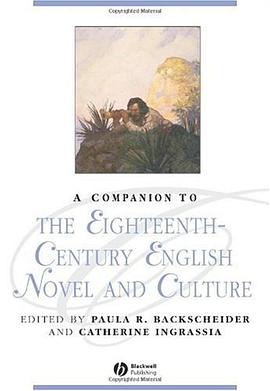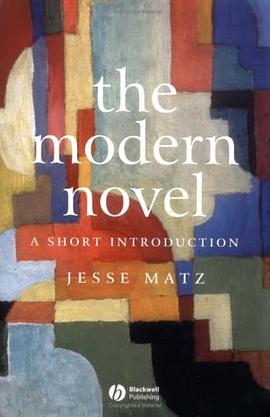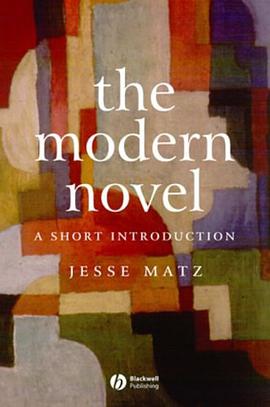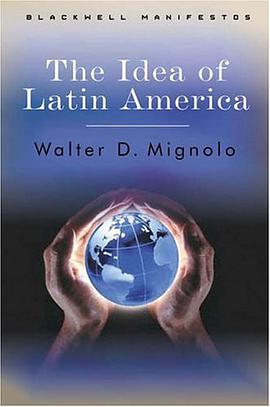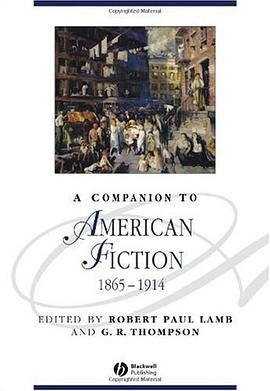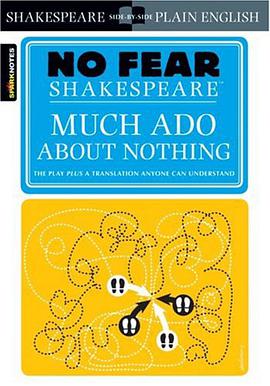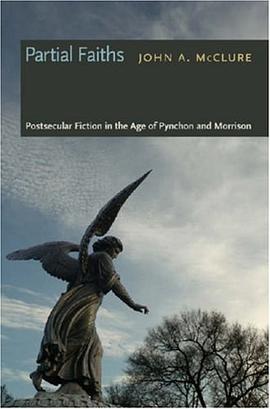

具体描述
Spiritual conversions figure heavily in such novels as Thomas Pynchon's "Vineland," Toni Morrison's "Paradise," and Louise Erdrich's "Love Medicine." What connects such varied works is that their convert-characters are disenchanted with secularism yet apprehensive of dogmatic religiosity. "Partial Faiths" is the first study to identify a body of contemporary fiction in such terms, take the measure of its structures and strategies, and evaluate its contribution to public discourse on religion's place in postmodern life.Postsecularism is most often associated with philosophers and theorists such as Jacques Derrida, Richard Rorty, Charles Taylor, William Connolly, Jurgen Habermas, and Gianni Vattimo. But it is also being explored and invented, says John A. McClure, by many novelists: Leslie Marmon Silko, Don DeLillo, Michael Ondaatje, and N. Scott Momaday among others. These novelists, who are often regarded as belonging to different domains of contemporary fiction, are fleshing out the postsecular issues that scholars treat more abstractly.But the modes of belief elaborated in these novels and the new narrative forms synchronized with these modes are dramatically partial and open-ended. Postsecular fiction does not aspire to any full "mapping" of the reenchanted cosmos or any formal moral code, nor does it promise anything like full redemption. It is partial in another sense as well: it is emphatically dedicated to progressive ideals of social transformation and well-being, in repudiation of resurgent fundamentalist prescriptions for the same.
作者简介
目录信息
读后感
评分
评分
评分
评分
用户评价
相关图书
本站所有内容均为互联网搜索引擎提供的公开搜索信息,本站不存储任何数据与内容,任何内容与数据均与本站无关,如有需要请联系相关搜索引擎包括但不限于百度,google,bing,sogou 等
© 2026 book.wenda123.org All Rights Reserved. 图书目录大全 版权所有








